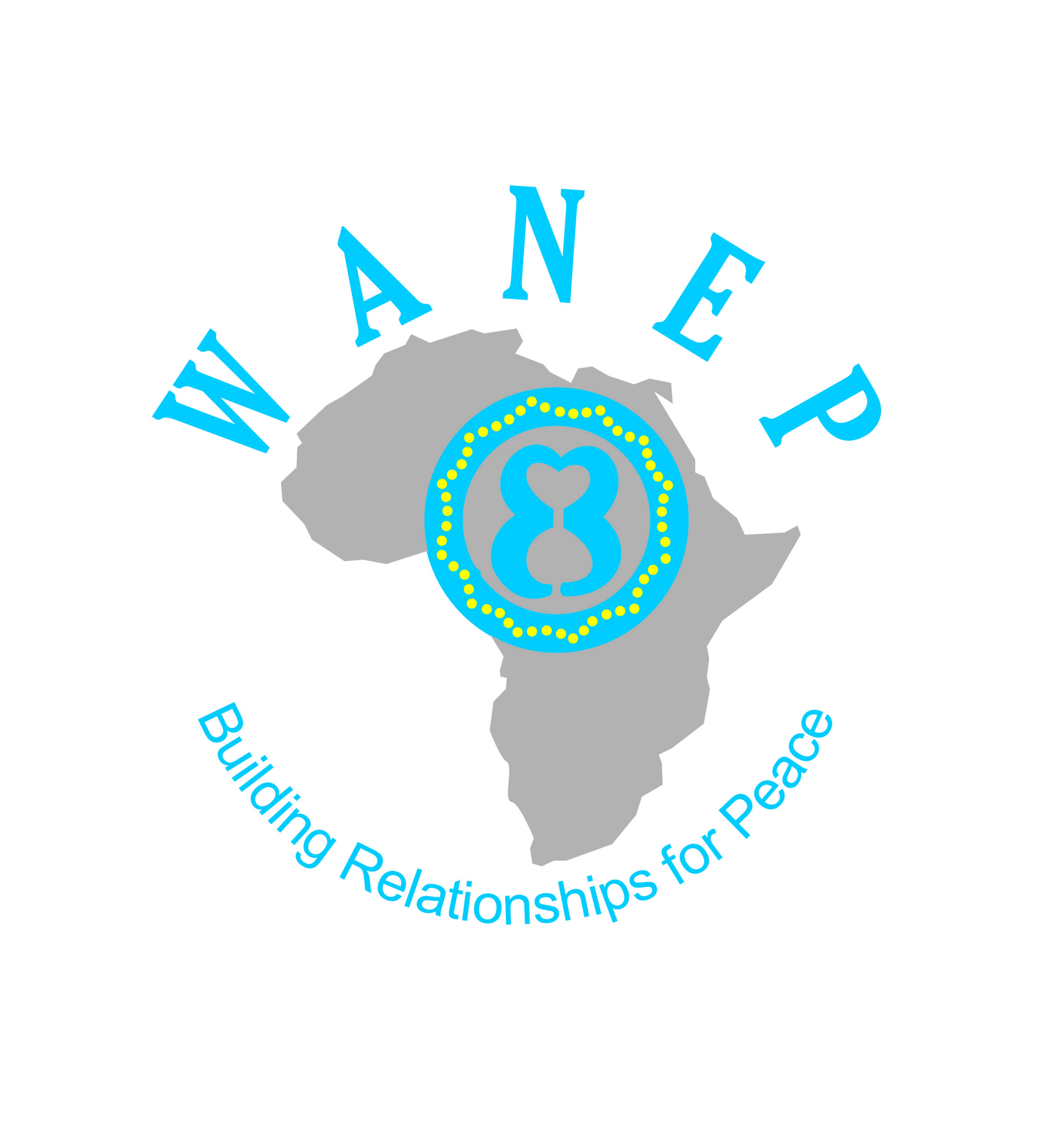About Us
The West Africa Network for Peacebuilding (WANEP) is a leading non-governmental organisation established in 1999 in response to the civil wars, political instabilities, and humanitarian crises that plagued West Africa in the 1990s. WANEP is recognised for its significant role as a regional civil society organisation in the areas of conflict prevention and peacebuilding.
Over the years, WANEP has grown into a household name in the region. It has successfully established national offices in all Member States of the Economic Community of West African States (ECOWAS), with over 750 member organisations across West Africa.
WANEP focuses on collaborative peacebuilding efforts, engaging both state and non-state actors. It also establishes platforms for dialogue, experience sharing, and learning aimed at ensuring sustainable peace and development.
The organisation holds a permanent Memorandum of Understanding (MoU) with ECOWAS, making it the first civil society organisation to attain such status in the implementation of a regional early warning and response system, referred to as ECOWARN. WANEP also has an MoU with the African Union to support its Peace and Security Department in implementing the AU Peace and Security Architecture (APSA), including the gender mainstreaming of the architecture.
In addition, WANEP offers professional courses in conflict prevention and peacebuilding, with capacity building as its foundation—essential for enhancing the skills of ECOWAS citizens, intergovernmental organisations, state institutions, civil society organisations, and the business community across the region.
In 2002, WANEP established the West Africa Peacebuilding Institute (WAPI) as its official training and capacity-building platform to develop competent peacebuilding practitioners. After about 15 years of implementation, WAPI has undergone reviews, been decentralised, and is now implemented at the national level across the continent.
WANEP also provides support to the Economic Community of Central African States (ECCAS) in implementing the civil society components of its early warning mechanism (MARAC).


